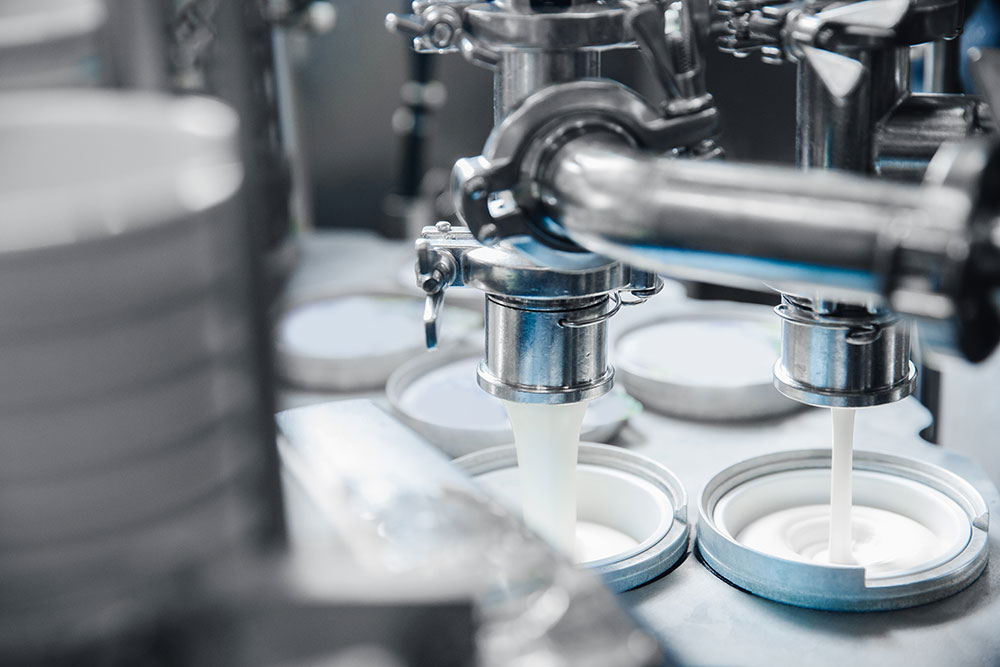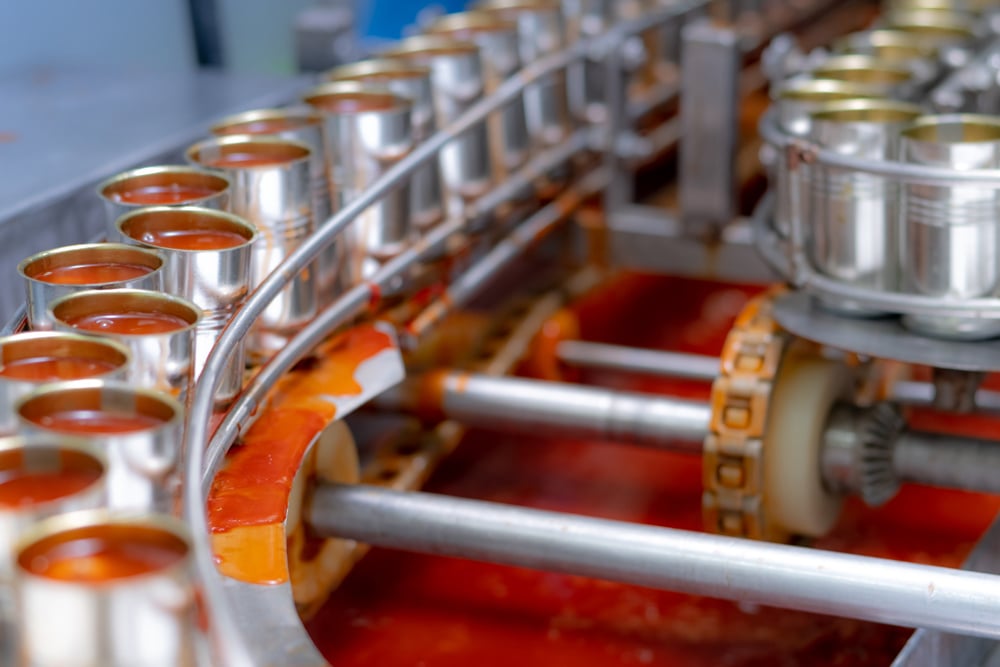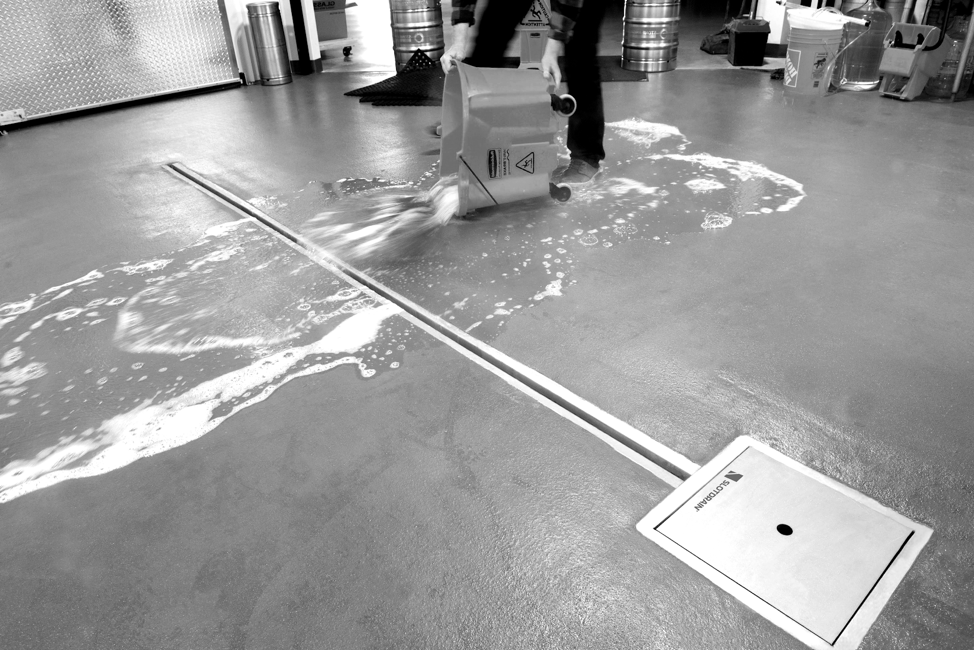The food and beverage industry is massive, and it encompasses food manufacturing companies, restaurants, catering businesses, food transportation services, and much more.
All parts of the food and beverage industry are held to higher standards by the government, which sets strict requirements for each type of these businesses. The main focus of the established requirements is food safety, from the setup of facilities and kitchens to how they handle food products, and even employee hygiene.
Adequate food safety practices lead to less of what causes many businesses to fail in the food industry: bacteria and contamination. Good food safety will allow you to stay in business and continue to create products.
What Are Food Safety Practices?
Food safety practices refer to the various operations within the food and beverage industry that aim to control and minimize potential hazards, including food contamination.
The term encompasses many basic operations, including hand washing, personal hygiene, and cooking food to the appropriate internal temperatures. Other food safety practices include proper food storage and much more.
Why is Food Safety Important?
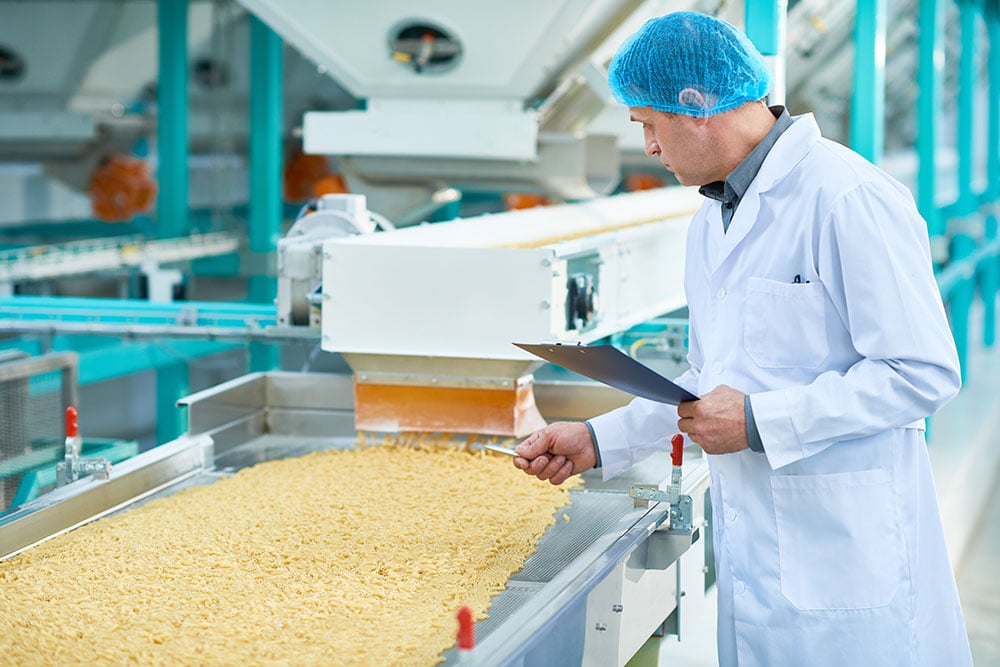
Inadequate food safety can lead to a wide range of hazards, one of the most significant being contamination. Contamination is responsible for around 600 million foodborne illnesses worldwide yearly, some of which can be fatal. Food safety is what protects consumers from illnesses and other potential hazards. Food safety also protects workers from potential injuries.
Adequate Food Safety Practices Can Reduce Risks
Overall, having adequate food safety practices can lead to less hospitalizations. Consumers with weakened immune systems due to age or illness are at more risk of hospitalization due to a foodborne illness, which can sometimes be fatal.
Employees can also be injured if proper food safety practices are not in place. By ensuring appropriate food safety practices are in place and enforced, you significantly minimize these risks.
Not having adequate food safety practices can also lead to lawsuits from injured employees and consumers who have been injured or have received contaminated products. It can also lead to your business being shut down, investigated, and fined by the government for failing to meet the appropriate standards.
The Role of Drainage in Food Safety
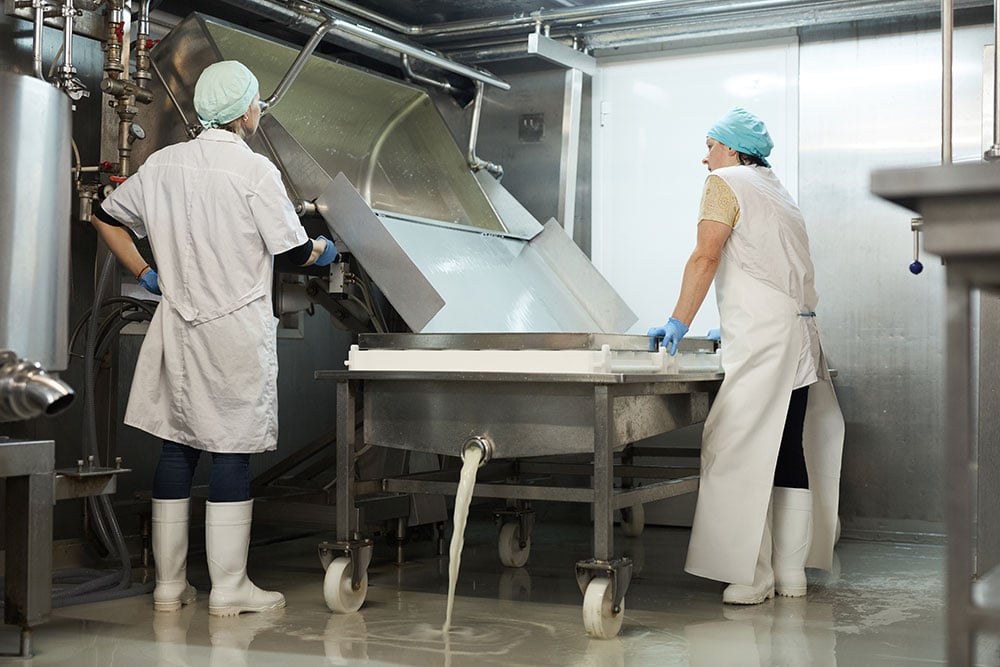
There are many aspects of food safety to consider. One important factor not to overlook is floor drainage, which is always a critical part of maintaining a sanitary facility.
Any wastewater on the floor will have nowhere to go without adequate drainage. This creates the perfect breeding ground for mold, mildew, and, worse, bacteria like e. Coli, Listeria, and Salmonella.
A sanitary floor drain system will help remove wastewater, which allows floors to dry and will help minimize the risk of bacteria, contamination, and injury. It’s important to know that not just any system will work for food and beverage facilities; it must be designed with food safety in mind.
FoodSafe Drains for Food Safety
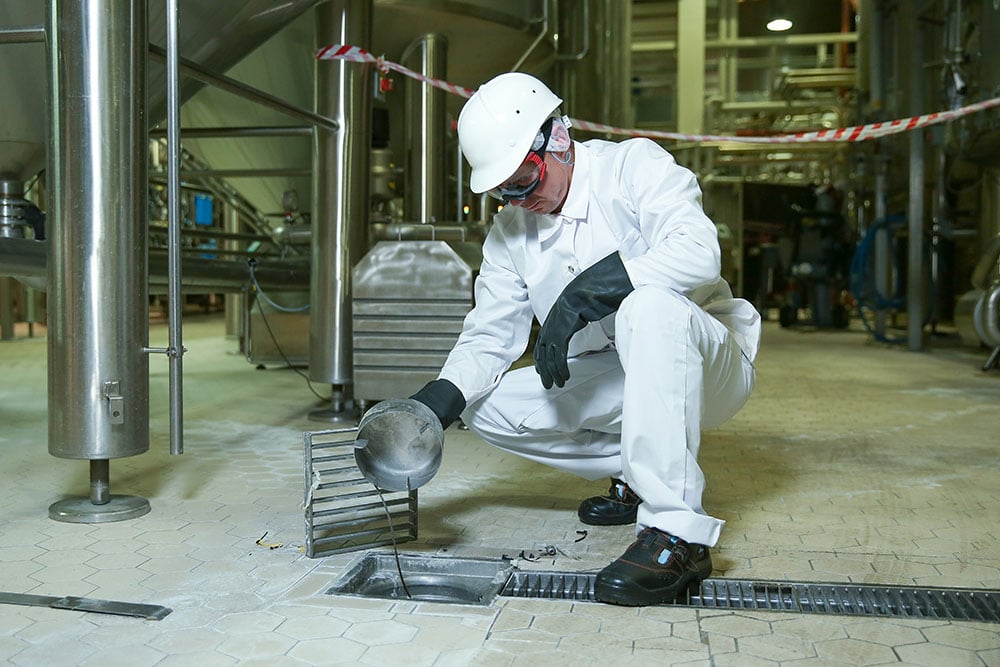
FoodSafe Drains is a company that specializes in floor drainage for the food industry. Their systems help ensure adequate food safety practices that lead to less hospitalizations from illness and injury.
The company offers many systems, including a FoodSafe Trench Drain and an innovative Slot Drain, which doesn't require a grate cover. Other options include their hub and area drains for smaller spaces, catch basins, and sanitary floor sinks.
The FoodSafe trench drain and slot drain come pre-sloped and pre-assembled, for an easier installation that eliminates many seams where bacteria could become trapped.
To further ensure the sanitation of their systems, FoodSafe Drains uses smooth, nonporous T304 and T316 stainless steel to create a durable, sanitary system. Moreover, each design is ridge-free, to eliminate potential bacteria-harboring points. They are also compatible with the company's Flush Flo and Clean-in-Place technology, which make cleaning and sanitizing the systems much more efficient by putting the cleaning on an automated schedule.
The FloorSafe trench drain, area and hub drains, catch basins, and floor sinks also feature tamper-proof locking covers, which only authorized employees can access with a special key. This ensures that nobody can tamper with the system in order to help it keep working correctly.
Finally, the systems are all forklift rated, which makes them safe and durable enough for any facility.
Ensuring Food Safety to Prevent Hospitalizations with FoodSafe Drains
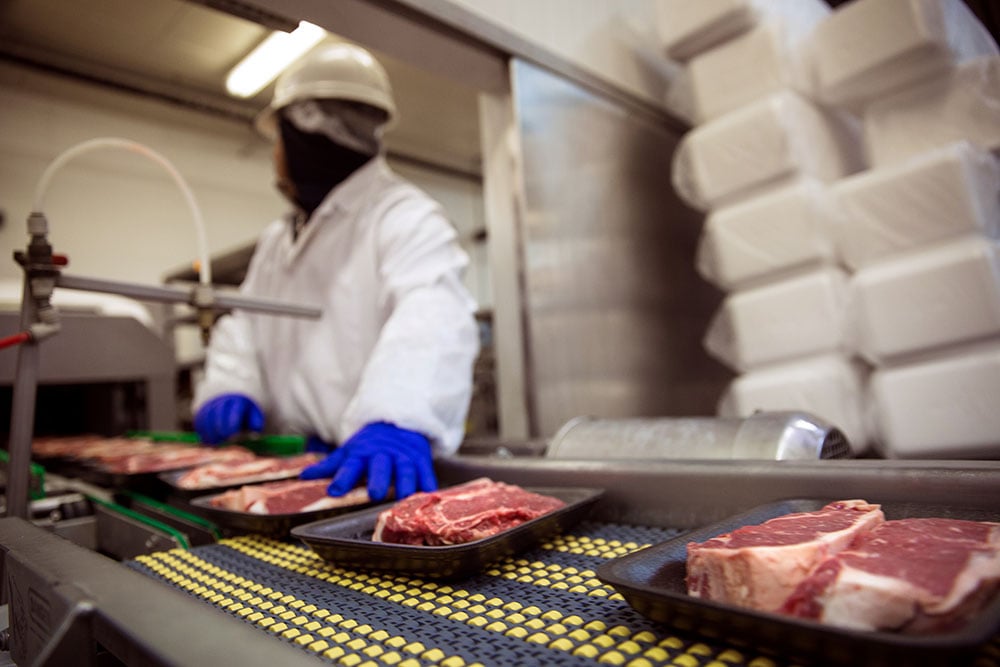
Adequate food safety practices are vital to the safety of the public and the continued operation of businesses. Failure to abide by the required food safety practices can lead to legal and financial consequences. Taking the time to implement adequate food safety practices helps remove the risks to your business: less injury and less contamination. There are many aspects of ensuring adequate food safety practices, and an essential key is having an appropriate and food-safe drainage system.
FoodSafe Drains is a company whose mission is to create food safe drains that help minimize the risk of bacteria and contamination within the food industry. Their high-quality systems are a great addition to your facility.
Contact the team at FoodSafe Drains today to learn more about the different systems they offer and how your food business can benefit from having one installed.
